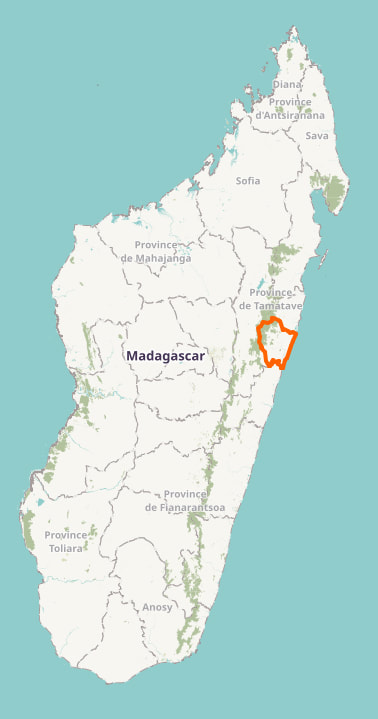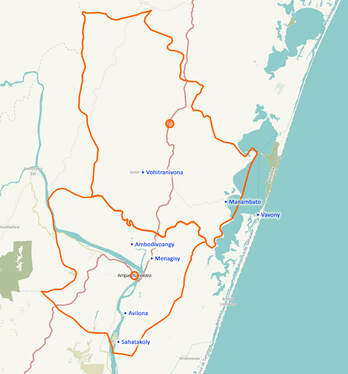EDI Madagascar is currently focused on education, with a particular aim of promoting access to quality primary education for all children in Madagascar, without discrimination. Instead of spreading our efforts across the country, we believe that it is better, at least at this stage of our existence, to concentrate our efforts in a specific region. This allows us to have closer contact with local authorities (municipalities, districts), regional ministerial representatives (national education, agriculture, etc.), and to have a key partner active on the ground. Furthermore, regular contacts are maintained with other NGOs and charitable associations active in the region to create synergies.

EDI Madagascar is currently focused on education, with a particular aim of promoting access to quality primary education for all children in Madagascar, without discrimination. Instead of spreading our efforts across the country, we believe that it is better, at least at this stage of our existence, to concentrate our efforts in a specific region. This allows us to have closer contact with local authorities (municipalities, districts), regional ministerial representatives (national education, agriculture, etc.), and to have a key partner active on the ground. Furthermore, regular contacts are maintained with other NGOs and charitable associations active in the region to create synergies.


We have chosen the Brickaville district, a rural area in the east of the large island, covering about 5,300 km² (twice the size of the Grand Duchy of Luxembourg) and with a recorded population of about 200,000 people. This is where our partner NGO is based. It is one of the poorest regions in the country. We are trying to give as many children as possible a chance to take control of their lives and thus prepare for a slightly better future.
We are convinced that education is the key to empowerment and a determining factor in ending poverty.
We support primary schools recognized by the Malagasy Ministry of National Education that work to enroll children, regardless of race, ethnicity, religion, or gender. We provide them with classrooms and all necessary school supplies. We strengthen the skills of teachers and work to improve their extracurricular knowledge so that they can pass it on to the children: environment, sustainable development, hygiene, citizenship, sex education, agriculture, and livestock (gardens and community farms).
We are attentive to the sustainability of our actions by involving parents and villagers.
We ensure that all funds spent on our projects are directed to local companies and businesses in order to support the region’s economy.


